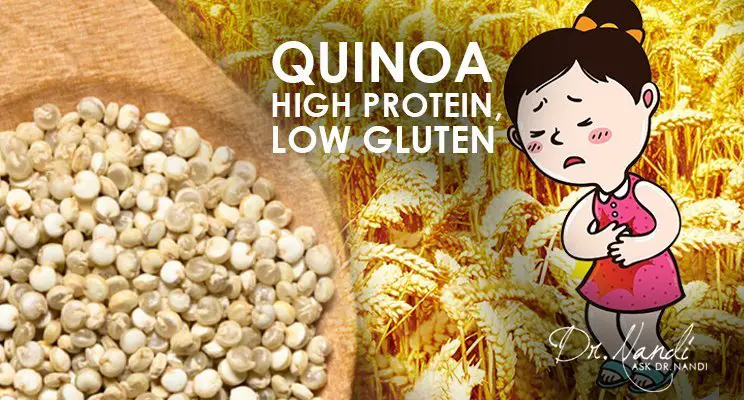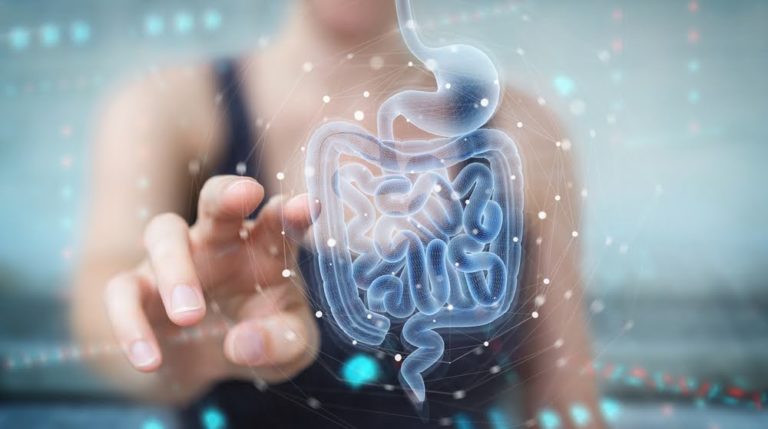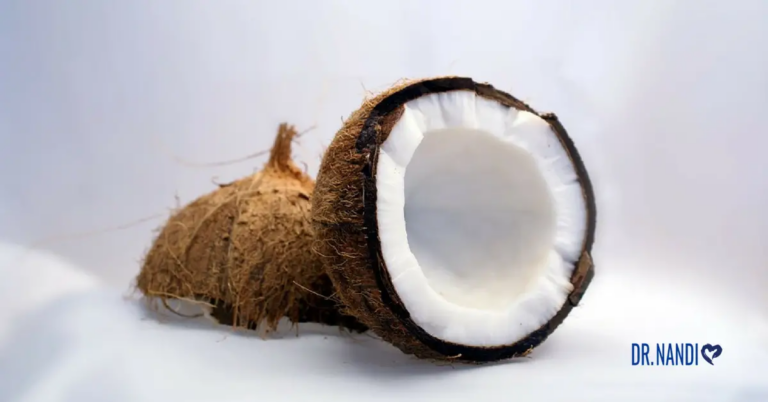Quinoa Is High in Protein
Quinoa is the exception to most plant foods because it contains all the essential amino acids. Protein is made out of amino acids, and some are termed “essential” because we cannot produce them and have to get them from our food. If the food contains all the essential amino acids, it is deemed a “complete” protein. Many plant foods lack essential amino acids, but quinoa contains them, including lysine. Quinoa contains 8 grams of protein per cup, making quinoa especially good for vegetarians and vegans.
Quinoa Contains Many Minerals Needed for Good Health
Quinoa contains high levels of magnesium, potassium, zinc, and iron. One cup of quinoa contains roughly 30% of the recommended daily allowance of magnesium. Magnesium helps maintain normal muscle and nerve function, keeps heart rhythm steady, supports a healthy immune system, and keeps bones strong. It also regulates blood sugar levels, promotes normal blood pressure, and is known to be involved in energy metabolism and protein synthesis. Iron carries oxygen from one cell to another and supplies oxygen to our muscles to aid in their contraction. Iron also increases brain function because the brain takes in about 20% of our blood oxygen.
Quinoa Helps With Blood Sugar Levels
Researchers have found that consuming quinoa may help reduce the development of Type 2 diabetes. There is strong support that quinoa can keep glucose levels balanced even if you already have diabetes. Researchers believe quinoa is rich in complex carbohydrates, considered “healthy” carbohydrates. They slowly digest and keep people satiated longer while maintaining blood sugar and appetite properly.
Quinoa Is Excellent for Dieters and Those With Gluten Intolerance
Nutritionists suggest consuming quinoa if you have celiac disease or are gluten intolerant. Quinoa is a seed unrelated to wheat, making it a perfect substitute for wheat flour, oatmeal, and pasta. Plus, quinoa is extremely low in fat compared to other grains. It contains almost all essential fatty acids (Omega -3 fatty acids), which help burn fat and keep you full longer than rice or wheat.
Quinoa Is High in Fiber
One cup of quinoa contains nearly 20% of the daily recommended allowance of fiber which is essential for helping to reduce the risk of cardiovascular diseases such as heart disease and stroke. The fiber in quinoa helps to “clean” the walls of the arteries and remove plaque from the walls. This plaque can build up and cause a heart attack or stroke. Plus, researchers have found that quinoa fiber helps keep those who consume it regularly. Nutritionists have found that quinoa’s high dietary fiber helps promote optimal digestion and healthy, regular bowel movements.





















